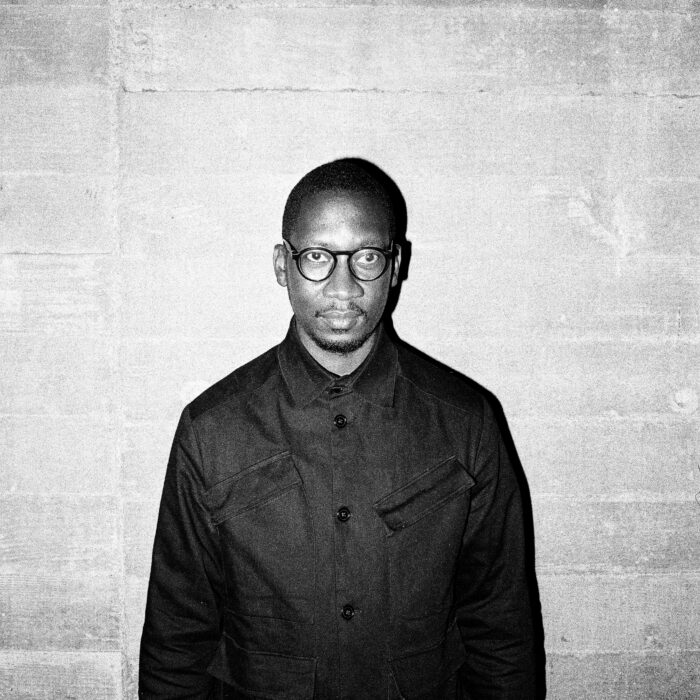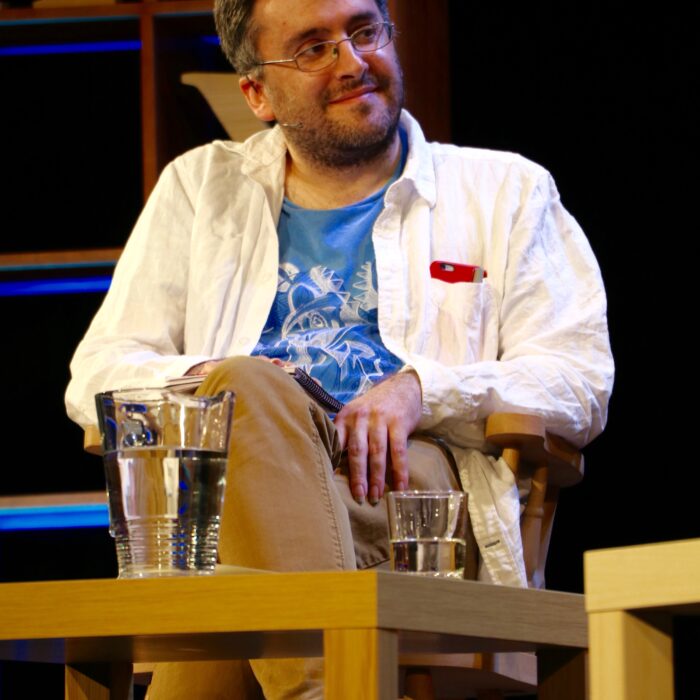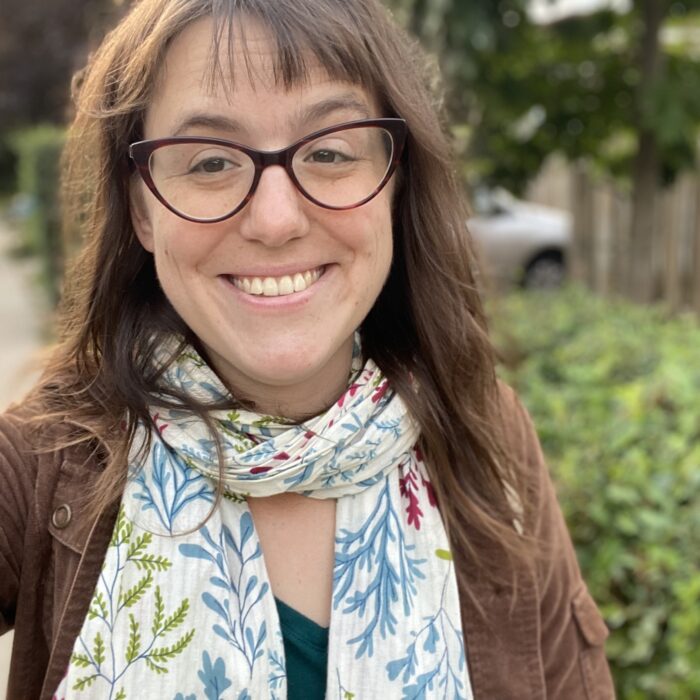You have no items in your cart. Want to get some nice things?
Go shopping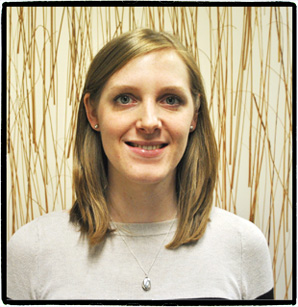
Harriet Bourton has been at Hodder & Stoughton since June 2011, having previously worked at Headline for over a year.
What does your job involve?
I’m an editorial assistant, which involves quite a lot of departmental and editorial administration – all the general admin duties that underpin publishing a book, such things as taking minutes during meetings. But I also make sure that the paperwork is handled correctly when we acquire new authors, and I provide editorial support to the editors. Every editorial assistant is assigned to a certain editor, and we work with them from first acquisition stage all the way through to finished copies.
Why did you decide to work in publishing?
I got the publishing bug at university, when I was slightly in love with the editor of the university’s newspaper. His name was Matt, and he had delicious curly hair and blue eyes. I went to work for the newspaper but then found out that he had a fabulously pert, polished French girlfriend. I gave up on Matt. One of the editors left, and they asked if I wanted work with the Performance and Arts section, which wasn’t an area I had much interest in, but I started reviewing books and finding other people to write book reviews. I did that for the whole of my third year and really enjoyed it. I didn’t want to go into journalism, but I was already a pretty voracious reader and I’d done English Literature at A level, so it felt like quite a natural step to get a job in publishing – which took a long time.
How did you get this job?
Lots of people go down the work experience route, but I didn’t, as I couldn’t afford to work for free. I got a job editing legal compliance documentation for businesses, to make sure they’re operating inside the law, and it was ridiculously dry work, but the company was very good at training – they sent me on lots of courses and gave me a good amount of responsibility, so my CV ended up looking quite good, even though the job itself was as far from trade publishing as it could possibly be. I kept applying for jobs. I applied at Hodder and got an interview, which went horribly, but they kept me on file. I applied at Headline and for whatever reason was given an interview, and it just was luck that I got on really well with Jane Morpeth, now Headline’s Managing Director, who then hired me. I managed to say the right things and managed not to say any of the wrong things. That was two years after I first started looking. I did an MA in publishing, and that was good for making contacts in the industry, but I don’t think it particularly primed me for the role.
What are your career goals?
I’d like to move into a commissioning role within the next year or so. Hodder is very supportive of that kind of transition. I want to find my own authors because, quite often when you become an editor, you inherit authors that already exist inside the department. This definitely has its rewards, but I really look forward to reading that special submission and falling in love with the book, meeting the author and helping them develop their work and hone their skills. I think that’s a goal that most people share – every editor dreams of publishing a bestselling, prize-winning book.
How do your personal reading preferences relate to the types of books you read for work?
They’re not particularly close, although there is some crossover. I work with three editors across a really varied list – I do historicals, some fantasy, some chick lit and incredibly high-brow, straight-laced literary fiction and nonfiction. You’d have to be a pretty eclectic person to have all of those as your normal reads! This job has introduced me to different types of fiction that I might not have otherwise come across, and I’ve enjoyed them, but it’s quite difficult to have your tastes line up with your editor’s exactly. It’s brilliant if they do, but it doesn’t often work that way and actually doesn’t matter because you need enthusiasm about everything you publish. If you can’t be enthusiastic about all the books you work with, then you may want to look into another career. You can’t be prescriptive.
And if you could be prescriptive?
If I could choose, I’d go for a mix of upmarket commercial fiction for primarily female readers, ranging from relationship fiction to books with YA–crossover potential. I’m definitely a commercial-minded editor. My bookshelves are full of different genres, and that’s what I want my list to eventually look like.
What’s the most satisfying aspect of the job?
Working with the authors is really satisfying. They care so deeply about their work, and when they express how invaluable our guidance and support has been, I feel like I’ve made a contribution to something and someone. It’s also great when a book that’s been particularly problematic, one that you’ve put lots of extra hours into, comes in as a finished copy, all gorgeous, getting nice reviews… People around the office see it and say, “Ooh, can I have a copy of that?” That’s a great feeling. If it gets on the bestseller list, that’s an enormous cherry on top!
Most challenging aspect?
You lose a lot of personal reading time when you work in editorial – probably when you work in any department, to be fair. Editors get tons of submissions every week, and editorial assistants read most of them. You spend a lot of time reading material that you know you’ll end up turning down, but you want to give the agent a genuine, considered response to work they’ve passed along. Other times you might put lots of time into the acquisition process, and then another company swoops in with an enormous amount of money and steals it out from under you, and that’s really difficult. There are also industry-wide challenges, like moving into digital publishing. Fifty Shades of Grey has stormed the bestseller list; it sold over 100,000 copies this week, and 60,000 of those were in print. That makes you think, “Ok, so print’s not entirely dead, it’s not all about e-publishing.” We have to reassess constantly how best to publish – we’re all trying to figure that out at the moment.
What do you look for when reading submissions?
I look for an immediate sense of voice. If there’s no voice, a book won’t engage you at the level it should, no matter how technically well it’s written. I’m always impressed by people who manage to capture, really effortlessly, a voice that speaks from the page. You want a well-developed plot, interesting characters, cause and effect, a structure – a beginning, middle and end – which you’d hope would be obvious, but that’s not always the case! You want something with a potential place in the market, something people will want to read. You also consider if it’s a sensible business decision, because while publishers proclaim to be very passionate about reading, we’re also a business. You have to think about how financially viable a project is. People often talk about books being “too small”, and that generally means that they don’t feel there’s a big enough market of readers who might buy the book, or it’s not going to get that much publicity. Ten years ago when publishing was booming in print, there were a lot more mid-list titles publishers would buy, even if they were “small” books, because they really loved them. Now it’s harder to justify those small books. Every book has to be a “big book”.
How, if at all, has this job affected your attention span?
That really depends on what I’m reading. Sometimes I get a really special submission in, or I’ll go out and buy a book that everybody’s talking about, and I’ll sit down and read it whole in about three hours. My attention span is completely unswerving then. Other times I’ll have five mediocre submissions to read, and just getting through five pages of any of them feels impossible. Editors’ attention spans are sensitive to the material. It’s particularly hard to read 300 pages because you have to, not because you want to.
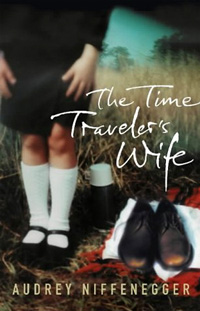 What’s your favourite book?
What’s your favourite book?
I could probably talk for half an hour about my favourite books, but I’m pretty sure, no matter how many times I spring-clean my bookshelves, that I’ll never get rid of The Time Traveller’s Wife, which is still the most romantic book I’ve ever read. I will never get rid of Catcher in the Rye, The Colour Purple… I think I could go back in 15 years time and read The Help and still feel like it was an incredibly well observed, poignant piece of writing. I started crying on page three and then cried the whole way to the end of that book. I have to admit I’m not a big classics girl, but I love the buzz books, the books that get everybody talking. The Night Circus is probably the best book I’ve read in the last year. I hope I’ll always remember books like that, but they won’t necessarily remain my favourites, as others come along and pip them to the post. I will go to my grave clutching The Time Traveller’s Wife.
How many projects do you work with at one time?
At various stages of completion, probably around 15 to 20. I work with three editors, two of whom have a really busy list. The third one is still growing his list, having only joined us last summer, so over the next year my workload with him will definitely increase. It could be as much as working on 20 to 25 books, although at the moment 15 books is about as much as I can take and still hang on to my sanity.
Any advice for those who want to get their work taken on by a publisher?
You have to be your own editor. Email your manuscript to every agent you can find and be sure to tailor your covering letter to each one. That’s a lot of work, but it may make your submission stand out. Always conform to their guidelines because the amount of submissions they receive means they have to be quite strict. If they’ve asked for a synopsis and the first three chapters, then give them a synopsis and the first three chapters. It’s generally pointless targeting publishers directly – you do need to get an agent. Today many people are self-publishing, on Amazon mainly, in digital and not necessarily in print, because that hikes up the cost. Self-publishing is a good idea if you’re keen to do your own publicity. Agents pick up authors when their books rise up the ranks on Amazon, and publishers look there as well. Fifty Shades of Grey began as a self-published phenomenon. It’s the exception, but it can be done. Self-publishing is certainly becoming a viable way to find talent.

About Shannon Evans
Shannon Evans, originally from Florida, moved to London in December 2011. Her idea of a perfect Friday evening involves a book and a cup of tea, and her favourite book of all time is Till We Have Faces by C.S. Lewis.

